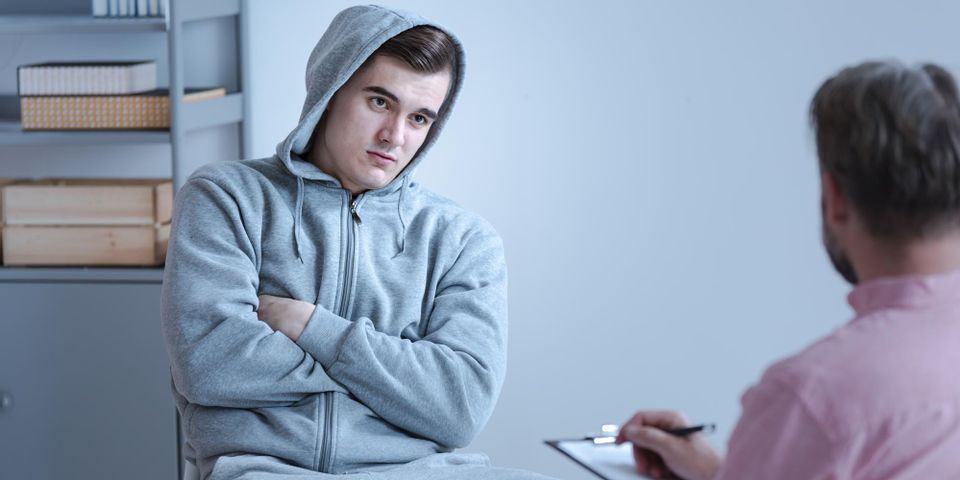How Does Being Tried as a Juvenile Differ From Being Tried as an Adult?

If your child gets in trouble with the law, it’s only natural to worry about the impact it could have on their future. Thankfully, the consequences that juveniles face are primarily rehabilitative. Since there may still be a lot at stake, however, consult a juvenile lawyer. In the meantime, here's what your family should know about the biggest differences between trying juveniles and adults.
Juvenile Cases
Generally speaking, juvenile offenders are those who are under 18. Following their arrest, they are either released to their parents or held in a juvenile detention center until they can go before a judge or magistrate. Like adult offenders, children who are charged are entitled to legal counsel. Because the proceedings are different, though, you should look for a juvenile lawyer in particular.
A strategic defense attorney helps you navigate the proceedings, starting with the initial detention hearing. If the court determines the child is guilty, potential penalties include psychological counseling, anger management counseling, substance rehabilitation, probation/suspended sentences, work program, community service, time at a juvenile detention center, and incarceration at the Department of Youth Services. Convictions are deemed more civil in nature and some may be eligible to be sealed once the child turns 18.
Adult Criminal Cases
When trying adults, the primary purpose of the criminal justice system is to punish them. As such, the penalties are more severe. Also, the courtroom proceedings are more formal, and the rules are considerably less flexible, even when the judge has some discretion. Unlike juvenile cases, however, adult offenders are entitled to a public trial by jury.
In the state of Ohio, juveniles can be tried as adults if they were at least 14 years old when the offense was committed. In such scenarios, the young offenders go through the standard criminal justice system and face the same punitive measures that adult offenders do.
What Parents Can Do to Protect Their Kids
 If your child is accused of violating the law, call a juvenile lawyer as soon as possible. Instruct your child not to talk to the police—or post about the case online—until they meet with the attorney. After evaluating the situation, the legal team helps your family determine the optimal way to fight the charges and secure the most favorable outcome possible.
If your child is accused of violating the law, call a juvenile lawyer as soon as possible. Instruct your child not to talk to the police—or post about the case online—until they meet with the attorney. After evaluating the situation, the legal team helps your family determine the optimal way to fight the charges and secure the most favorable outcome possible.
If your child ends up on the wrong side of the law, turn to Michael A. Newland Esquire for guidance. Located in Hamilton, OH, and serving all of Butler County, Michael is a seasoned juvenile lawyer who has more than 25 years of experience in the field. He knows what it takes to go up against even the most aggressive prosecutors on behalf of his clients. He also assists with family law disputes and will preparation. Learn more about juvenile cases online. To schedule a consultation to discuss your child's pending charges, call (513) 887-9595.
About the Business
Have a question? Ask the experts!
Send your question

